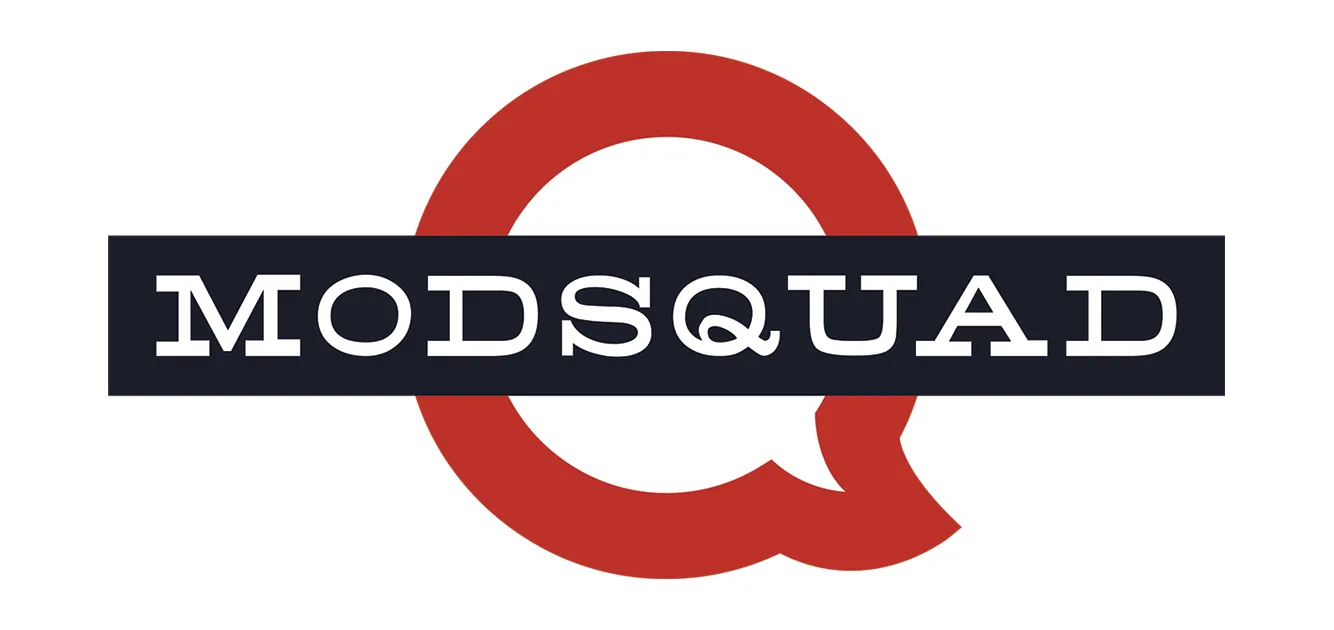
Great Expectations, Part Six: Your First Big Mess
By Sanya Weathers
How you handle your first big mess will set expectations for your customers in a way that most media strategies never consider. Your customers are smart and savvy. They know that it’s easy for you to be nice and polite when you’re not under siege. The way you cope with justifiably angry people is a much better predictor of your real attitude towards your customers.
The best way to cope is to plan in advance what you’ll do in the event of a crisis. Most people cannot think under pressure, and having to think adds to the pressure. With advance planning, you can simply act without panic.
By the way, don’t define crisis too widely. For the purpose of this post, I define crisis as billing error, server failure, actual hacking resulting in affected avatars, customer service scandal involving employees helping favored customers to cheat, etc. If you define crisis as “the customers don’t like this class balance decision,” you probably shouldn’t work in the community field.
Here are some things to consider:
– Silence breeds suspicion. A sticky post, a note on your website, something. You want something out there the minute there’s a problem, so get advance permission to put this up without having to go through an approval process. It should not be substantive, because the problem with instant response is that sometimes, there’s no real fire. So put up “We have gotten your reports about X and are investigating. Check back here in X hours for updates” the minute you smell smoke. And remember that “No new information” is an update, so don’t be afraid to use it in order to keep your update promise.
– Post the solution along with the problem. When you acknowledge a problem, the first and only customer response will be “what are you going to do about it?” Pre-empt that by giving them what they want. Keep it to one sentence at the top of the post, and then explain at length.
– Prepare your solutions in advance. Example: Don’t wait for “unexpected downtime” to happen before you decide how you’re going reimburse customers for their time. Down for six hours more than expected = apology. 12 hours = free experience. 24 hours = free play time. Having that plan in place means no wasted time yammering internally about what to do, and no delay getting the problem/solution announcement online.
– The burden is on you (or “solutions should be executed without customer action”). None of your solutions to your crisis should involve your customers handling a situation on their own, or following posted instructions. Most of your users do not read your forums and never visit your website. A good community manager cares for the users they never see.
– Do not use the passive voice. For those of you who aren’t word nerds, the passive voice is a mode of speech where no one does anything and things just sort of happen. “Mistakes were made” is the most famous example. Who made the mistake? What was the mistake? Who was victimized? Statements like these are correctly interpreted by… everyone… as an attempt to avoid responsibility. Nothing secures customer loyalty like accepting responsibility. So word your statements without weaseling and without passing the buck onto third parties (even if third parties share some responsibility). “We had a problem with our billing system, we are sorry for the trouble that caused you, and we are refunding your money.” “One of our servers failed and we had to replace it – a process that took twenty two hours. Please accept the following items in apology for the excessive downtime.”

